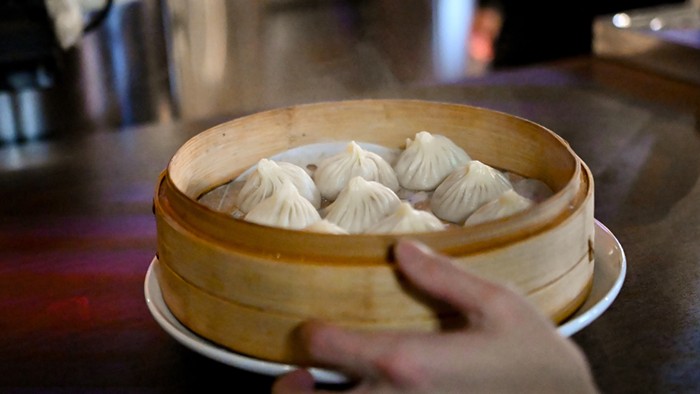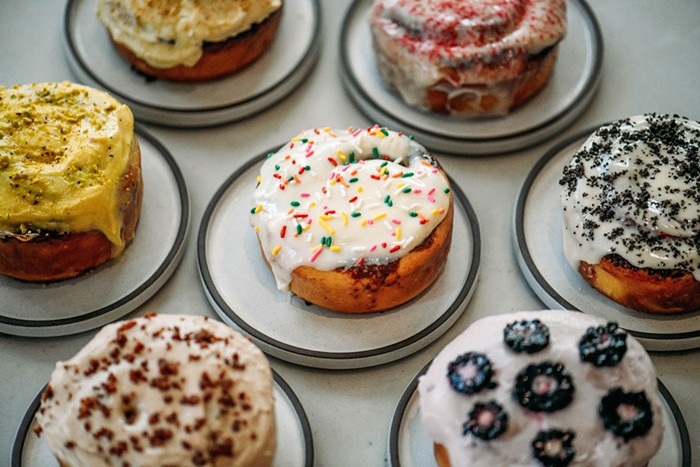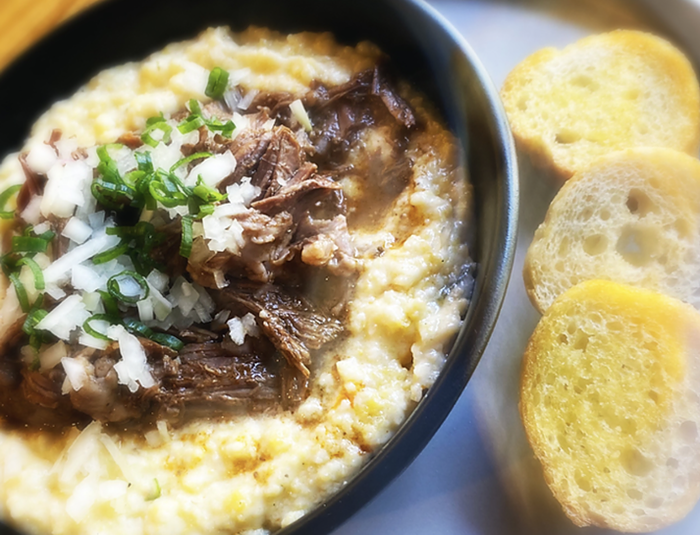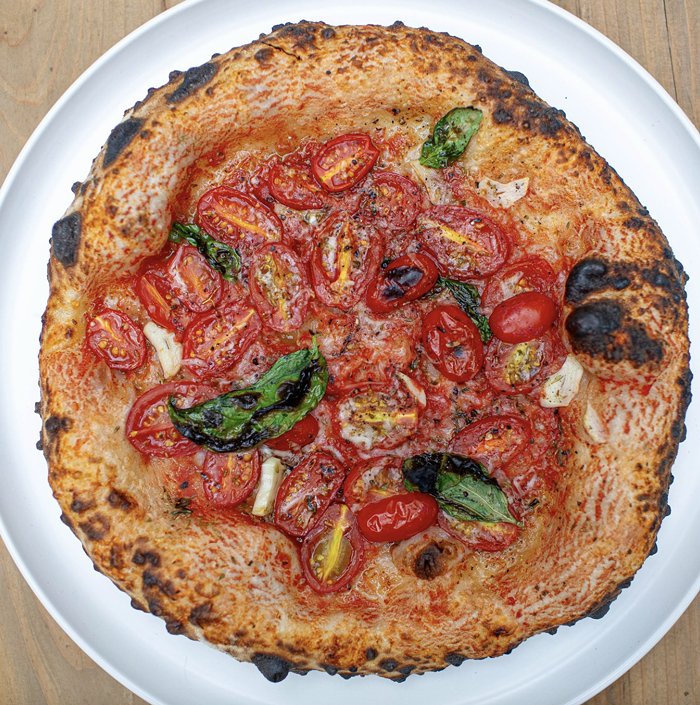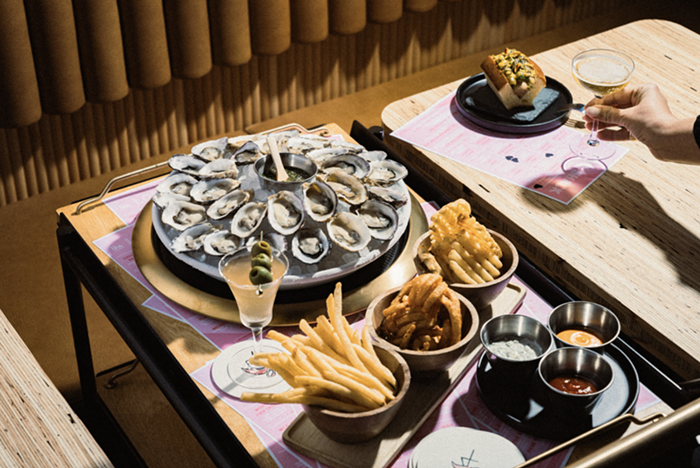
I’ve been known to watch an episode or two of Hell’s Kitchen. I’m not proud of it. But as the Bible says, “Let those who’ve never suffered bad television judgment throw the first remote.”
The thing that captures my attention about Hell’s Kitchen is the manufactured extremity of the show. Here are a handful of chefs, plopped into a supposed high stakes kitchen environment and given plenty of rope (and broccoli rabe) with which to hang themselves. And for what? A chance to be an executive chef in the branded culinary ghetto of Las Vegas, where you can actually hear the slow hiss of deflation if you’re very quiet (you might think it’s the sound of the Bellagio fountain, but you’re wrong).
Still, the producers manage to edit enough “drama” into Hell’s Kitchen to keep my idling brain occupied for as long as it takes to eat a bag of goldfish crackers—at which point I slouch into the bathroom and loudly berate myself in the mirror until I’m tired enough to sleep.
Meanwhile in southern Kandahar, Afghanistan, there are a select group of chefs who must contend with a different kind of hell [from this article in Canada’s Globe and Mail]:
Burns, though, hardly seem like much of an occupational hazard when you're cooking in a place where the boom of artillery fire is your bass and the whiz of attack helicopters your treble. It's a place without running water or measuring cups, where you can easily find yourself faced with feeding 100 more people than you planned for; a place where the force of supply choppers taking off nearby threaten to suck up your kitchen just as Dorothy's house gave way to that tornado in The Wizard of Oz — it actually happened last week to a mess tent, which was “sucked up like a Kleenex,” but no one was hurt.
This is an average day for Canadian chefs who are providing the troops with cuisine far outside of the normal MRE’s and mess tent slop. Their menus have included beef tenderloin, crab legs, Cajun chicken, poutine, and homemade pizza. The final products are above and beyond what the rules call for: a cooked vegetable, a hot protein, and a starch. If I’m cooking at home, that often means dry bread, broiled chicken breast and a plain salad.
It’s just another insight into food's power to soothe and nurture beyond just providing fuel for our bodies. The Canadian chefs seem to understand their role in keeping the troops healthy in mind and body. How else can you explain someone wanting to boil crab legs in a kitchen that has reached well over 110 degrees Fahrenheit?
I have a feeling that these chefs would giggle in the face of Gordon Ramsey’s bullshit spittle-spewing tantrums and his various “challenges.”
“Cooking wise, we can do anything. We can do the same thing as a restaurant can do, even better sometimes,” said Cpl. Lavoie, who said he prefers cooking on a field mission to cooking in a conventional kitchen. “Cooking for guys that are really hungry, I enjoy. Food is morale,” he said.
I’ve rarely met a chef I didn’t like as a person. Sure the job can be stressful and the machinations of the kitchen can reduce communication to brusque shouts, but all in all I believe cooking is a humanitarian act. That may sound a bit precious, and I’m sure there are plenty of cooks out there who’d be happy to claim money, adrenaline, and fame as their motivation. Never-the-less, I believe that helping another human being sustain themselves through the sensual experience of food is inherently an act of kindness. In these Canadian chefs, with the additional stress of warfare just outside their trailers, that kindness seems even more profound.
Every once in awhile, it’s good to forget about “reality” and get a dose of Reality. Just to put things into perspective.

